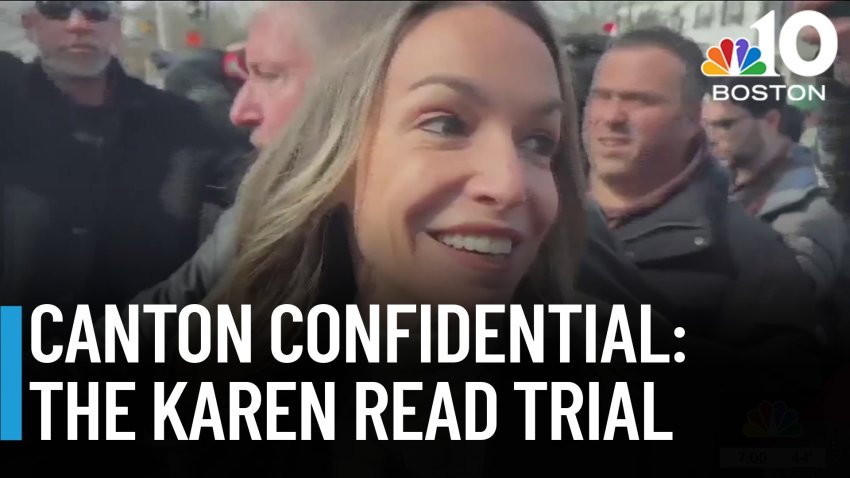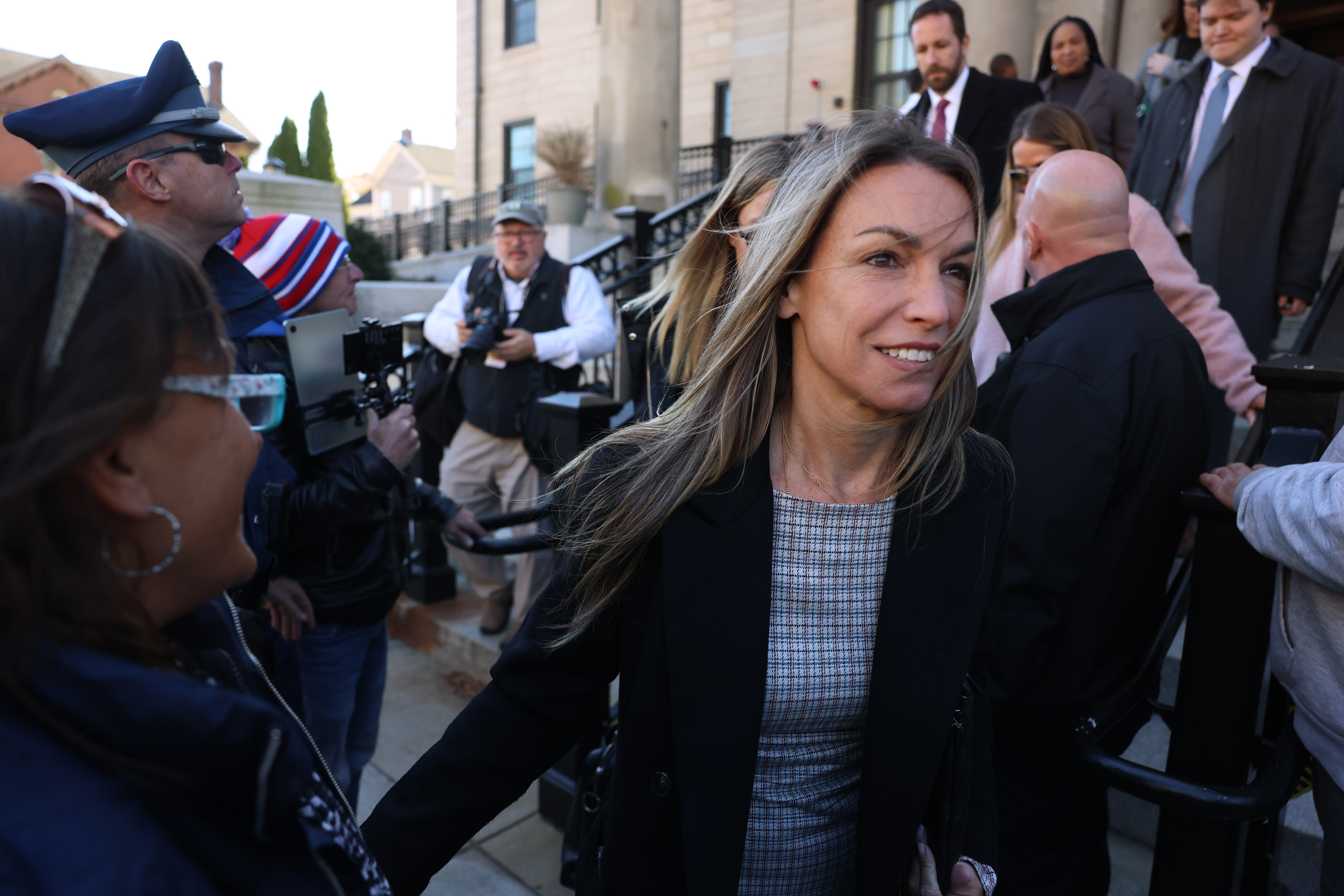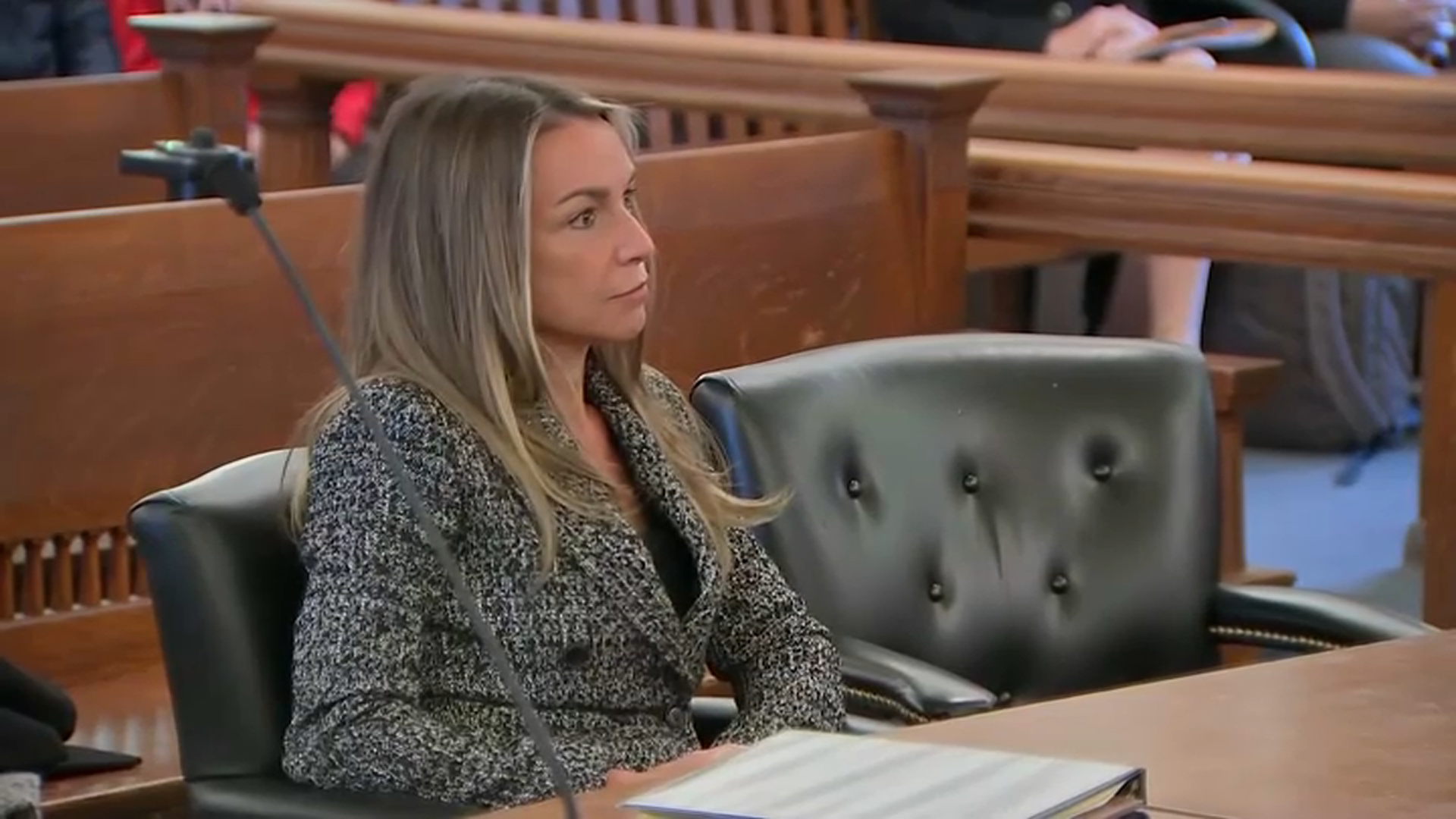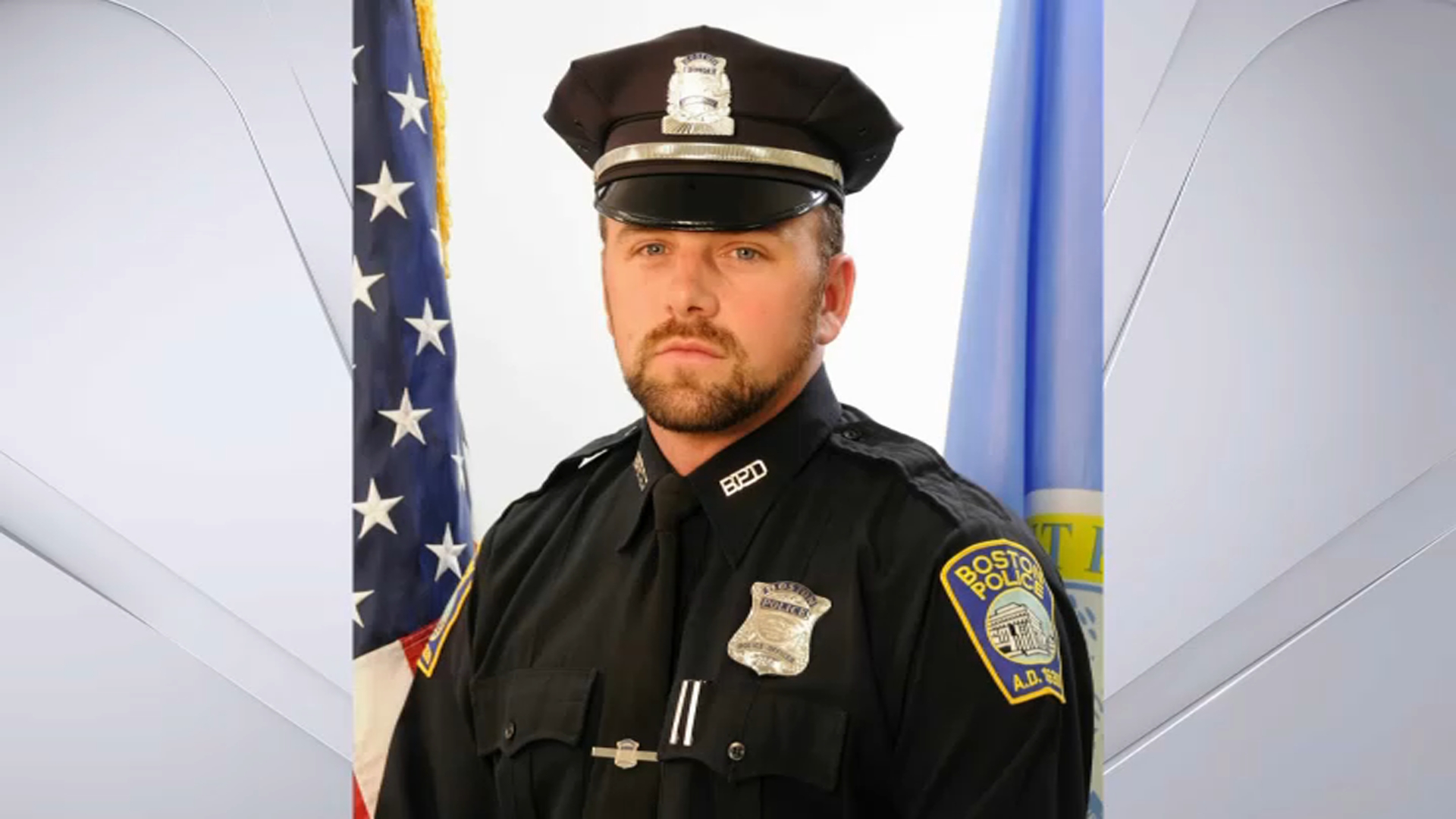One man who served on the jury reflects on his experience and shines some light on the controversy around the verdict.
A juror in the first trial against Karen Read is coming forward, sharing his story in the first broadcast TV interview.
Paramedic Ronald Estanislao remembers the day he got the jury duty slip in the mail. At first, he assumed he would be dismissed within an hour, but within days, he was selected for one of the biggest trials in New England in recent memory.
WATCH ANYTIME FOR FREE
Stream NBC10 Boston news for free, 24/7, wherever you are. |
"It was kind of overwhelming at first, and then it got very interesting, and then, at the end, kind of disappointing," said Ronald Estanislao. "Disappointing because I felt like we never got, we never provided closure for the families, and the jurors, we were just left there, unfortunately, with no closure."

Get updates on what's happening in Boston to your inbox. Sign up for our News Headlines newsletter.
Estanislao says the jury, made up of engineers, teachers, medical and finance professors, bonded over lunch and the nine-week trial.
"It got tense, but it was just like a family member complaining at dinner, at the dinner table, and having this kind of debate and argument, but never hostile," he said.
Estanislao says the jury found texts from the lead investigator, Massachusetts State Police Trooper Michael Proctor, "very surprising."
"I think one of the things that went through a lot of jurors' minds, including myself, was that it was very unprofessional, and at that point, most likely, we would discredit or not consider his testimony as strong," he said. "There were not words to explain his behavior, and justify it, or not justify it, it was just one of those -- I can't even imagine somebody in that position, in law enforcement, and using that kind of verbiage."
As for all the attention on the Google search, "hos long to die in cold," the jury didn't give it much weight.
"We didn't believe there was enough evidence, or expertise, to kind of indicate that it was reliable," the juror said. "There are some of us who believed it was just minutiae and extra pieces trying to confuse, and allow them to distract the ability and hope for a reasonable doubt kind of scenario."
Get top local stories in Boston delivered to you every morning. Sign up for NBC Boston's News Headlines newsletter.
Read is charged with second-degree murder, involuntary manslaughter and leaving the scene of a crash resulting in death. The first trial ended in a mistrial with a hung jury, though the defense later said several jurors said they were in agreement on all but the manslaughter charge.
Estanislao echoed that, saying the jury reached a verdict inside the jury room, finding Read not guilty of second-degree murder and leaving the scene.
"That second charge, which was involuntary manslaughter as a result of operating a vehicle under the influence, that was one that was very debated," he said. "The reason why it was debated was because there was so much controversy on, 'Yes, she was operating the vehicle under the influence' … In terms of whether ultimately she did it became questionable, and that is where there was reasonable doubt in some minds and there wasn't in others," he said.
Read has been pushing to have those two charges dismissed. The Massachusetts Supreme Judicial Court denied that effort last month.
"Unfortunately, we didn't get clarification early on that we could look at each charge individually and independently of each other," Estanislao said. "If we had done that, then I don't know where we would be or if we would be talking today."
Despite the controversy around those two charges, Estanislao says in the end, no amount of time deliberating would have prevented a deadlock on the manslaughter charge.
"As we deliberated, we agreed that she was operating a vehicle, he died there on the lawn, and there was broken tail light pieces, there was an impact to the vehicle, maybe, somehow, that is why there was damage to the vehicle, he got injured and ultimately he died at that location, because of that, a little bit I swayed and said that is true, she operated the vehicle, etc., and then when you actually thought about it, the injuries he sustained were not consistent with what was provided to us as damage to the vehicle," he said. "There were too many unanswered pieces ultimately swaying me back to the opposite, which was not guilty."
More of our interview with Estanislao, in which he offers advice to Read, her lawyers, prosecutors and the next jury ahead of next month's retrial, will air on Wednesday.




